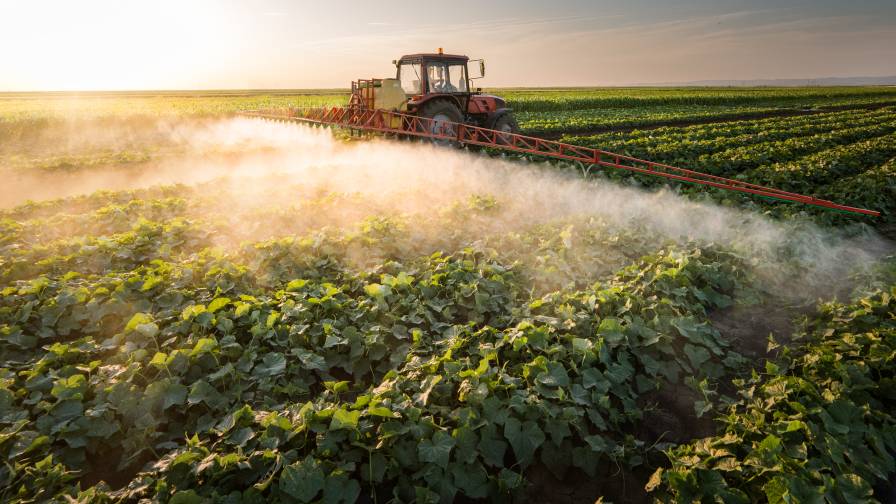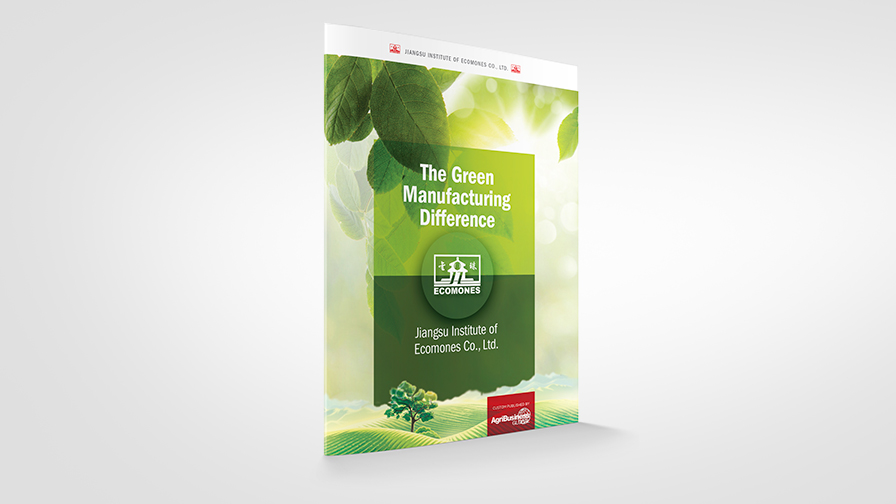African Farmers Face Resistance to Technology
Africa’s resistance to new crop protection technologies could be threatening the world’s food supply, according to panelists at the World Food Prize held in Des Moines, IA in October.
Adoption of newer technologies is key to improving the livelihood of African farmers, increasing market growth and improving global food security.
Farmer education is one way to increase adoption rates for biotech and crop protection products. Those who currently use old technologies are finding that they are being outpaced by those who have greater working capital and access to better seeds and inputs. While using biotechnology to increase yields justifies an increase in expenses, lack of access to products and funding continue to stifle growth.
“Once farmers have the ability to grow more, they’re able to afford better technology,” says U.S. Assistant Secretary of State Jose W. Fernandez. “The government needs to help farmers take that first step to get technologies they can’t afford.”
In addition, African governments need to encourage private investment and rework regulatory procedures to provide better patent protection, he says.
Dr. Calestous Juma, professor of Practice of International Development at Harvard University, says that Africa can learn from Brazil’s advancements in agriculture including rapid technology adoption, farmer education and greater access to credit.
“Over the last 40 years, Brazil has created institutions to advance agriculture,” he says. “For every African problem, there is a Brazilian solution.”
Editor’s Note: This story is part one of a series in which experts at the World Food Prize explain how crop protection technologies improve global food security.





